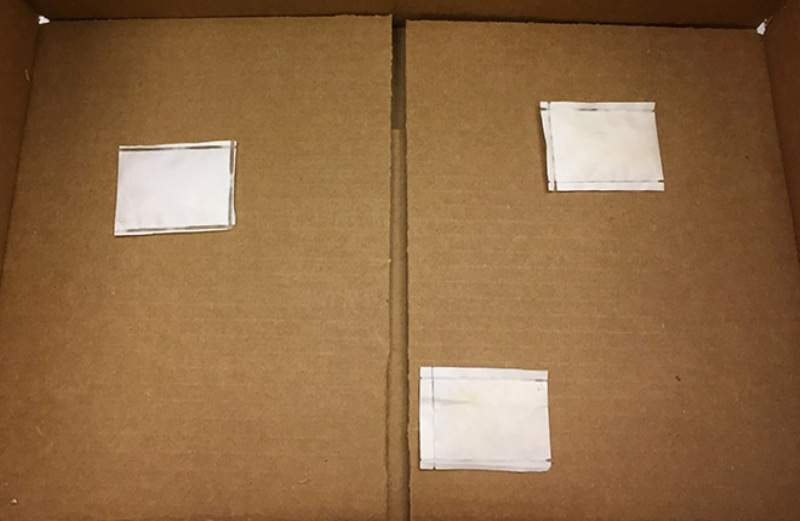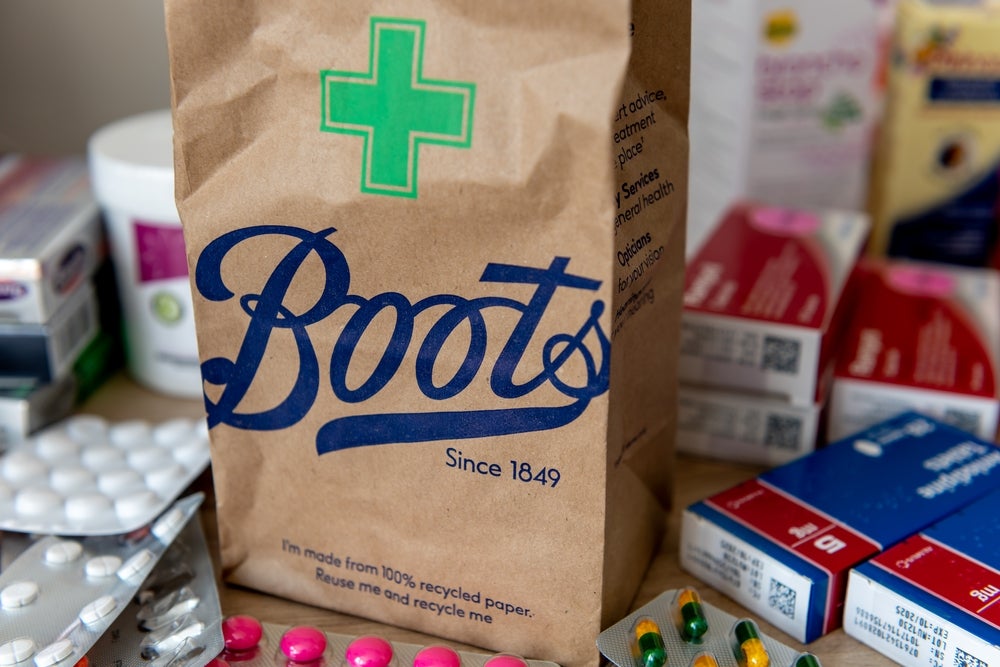

Scientists at the US Department of Agriculture (USDA) Agricultural Research Service (ARS), in partnership with Worrell Water Technologies, have developed a small plastic pouch that could make packaging safer for fresh produce.
The pouch releases chlorine dioxide gas, which removes Escherichia coli (E. Coli) bacteria and other pathogens from the surfaces of fruits and vegetables.
Designed to be packed into shipping containers, the pouches are about half the size of a credit card.
Worrell Water Technologies expects to market them to wholesalers and packers of produce in the US and aboard.
ARS’s US Horticultural Research Laboratory plant pathologist Jinhe Bai and his colleagues were involved in the development of the pouch.
See Also:
In the preliminary stage of the research, researchers found that the chlorine dioxide gas could be released too quickly, which could cause chemical burns on the fruit.
How well do you really know your competitors?
Access the most comprehensive Company Profiles on the market, powered by GlobalData. Save hours of research. Gain competitive edge.

Thank you!
Your download email will arrive shortly
Not ready to buy yet? Download a free sample
We are confident about the unique quality of our Company Profiles. However, we want you to make the most beneficial decision for your business, so we offer a free sample that you can download by submitting the below form
By GlobalDataThe pouch was then redesigned with a semi-permeable membrane that vents the gas at a slower rate.
Bai said: “We helped test the pouch with the new design and found it vents at a more controlled rate and has the desired effect.”
During their research, the researchers placed new pouches in cartons of grapefruit using typical packing, shipping, and storage conditions, and found that they developed ten times fewer bacterial and fungal pathogens than on grapefruit stored without pouches.
It was also found that the treatments didn’t change the appearance or taste of the grapefruit.
Various other laboratory tests have also shown a 100,000-fold reduction in E. coli levels in inoculated grape tomatoes stored with the new pouches.
Worrell has also helped finance another study evaluating the pouches and expects to receive federal regulatory approval for use in future.
Image: Researchers develop small plastic pouch for use in safer food packaging. Photo: courtesy of US Department of Agriculture / AgResearch Magazine.





